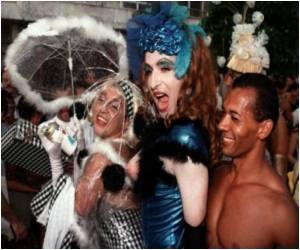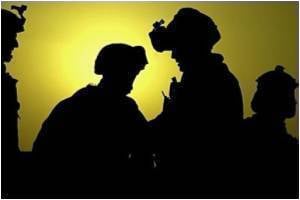
"They are carnival apartheid!" Claudio Nascimento, the head of a government anti-homophobia program, raged to reporters.
But defenders of the segregated conveniences argued they provided a safe area for gays and transvestites.
"I don't see any problem," said Rio's carnival director Iran Araujo, who also heads cultural programs for the Independent League of Samba Schools.
Gays, lesbians, bisexuals and transgenders merely have the option to use the special bathrooms, and can still opt to go to the ordinary ones, he said.
Gay militants, though, were divided on the issue, with some complaining they would risk stigma just by using the special toilets.
Advertisement
But a transvestite shot back that he would "feel a lot more comfortable" using the reserved bathrooms.
Advertisement
Dona Benta, the administrative head of one of the schools, Vila Isabel, told the O Dia daily that "the separate toilets came about through demands from homosexuals themselves" who wanted "more freedom."
Rio de Janeiro is considered one of the most gay-friendly destinations in the world.
Yet homophobia remains rampant in Brazil, where gay killings have risen 62 percent in two years compared to 2009, when 198 such murders were reported.
Source-AFP









